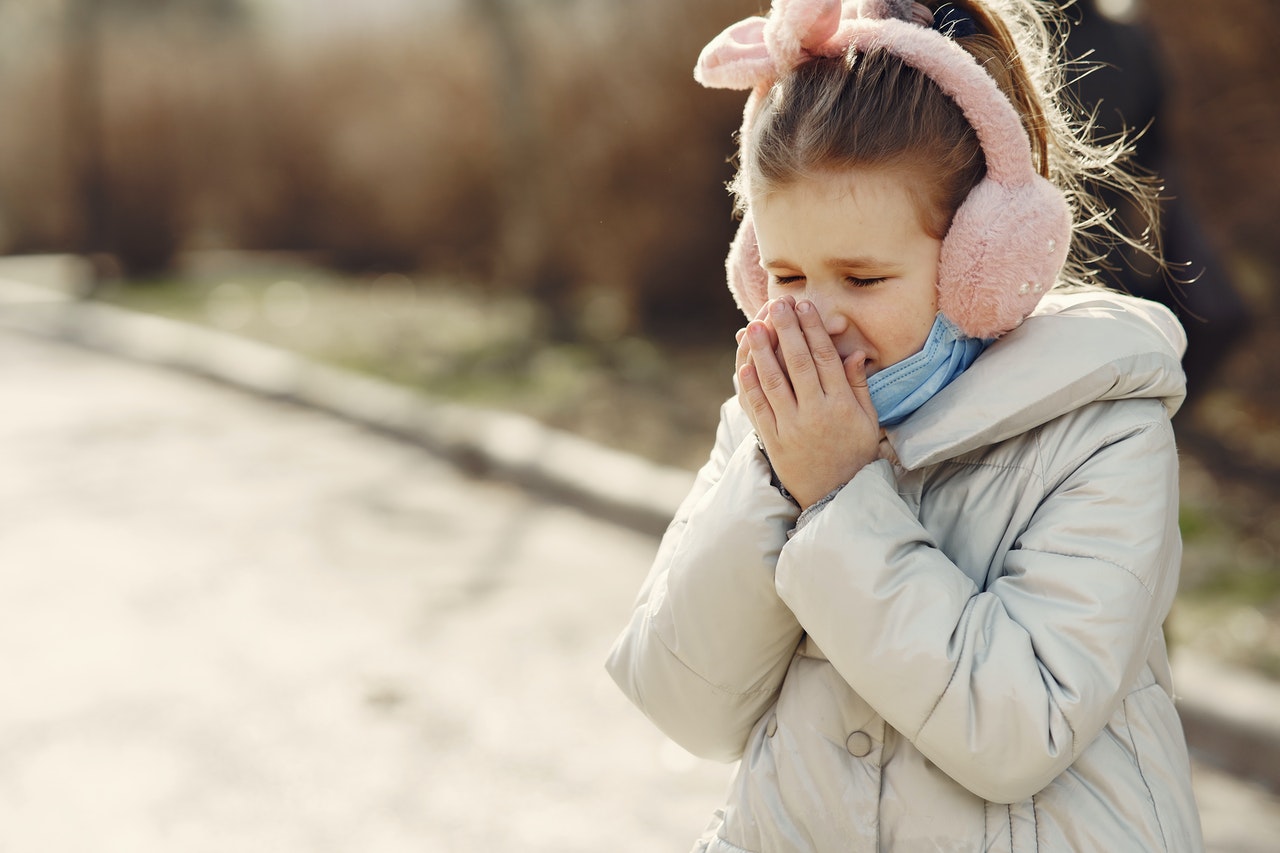
What’s Wrong?
By Barbara Truitt,
Photo by Gustavo Fring from Pexels
When you start feeling under the weather at this time of year, it can be hard to tell whether it’s a cold virus or flu virus attacking you– or even a reaction to an allergen. If you feel tired or achy, or if you’re chilly when others are warm, don’t just assume it’s because you’ve had a rough day.
Stopping Colds & Flu Before They Start
We know the drill, and it’s effective.
To reduce your chances of getting sick, wash your hands frequently, eat well, get enough sleep, avoid stress, and consume less alcohol and sugar. Taking immune boosters such as Vitamin D can also help.
To reduce your chances of getting sick, wash your hands frequently, eat well, get enough sleep, avoid stress, and consume less alcohol and sugar.
Flu shots only provide immunity against some of the many flu viruses that circulate each year. According to a recent press release from the US Centers for Disease Control, getting this year’s flu shot reduces your risk of getting the flu by 36%. Serious flu shot reactions are very rare. During flu season, vaccinations are available at our Clinic, RRHC, and some drug stores.
Should I Go To The ED When I Have The Flu?
Though most people who have the flu do not need any medical treatment, for a few an Emergency Department visit can be lifesaving.
Babies and children with very rapid breathing, bluish skin, fever with rash, inability to eat, dehydration, or a recurrence of serious flu symptoms should be taken to the ED right away.
Adults with difficulty breathing, pain or pressure in the chest or abdomen, sudden shortness of breath or confusion, severe or persistent vomiting, or a recurrence of flu symptoms with fever and worsening cough should also go to the ED.
SoHum Community Clinic Is Here To Help
If you or a family member in a high risk group—an infant, young child, pregnant woman, elderly person, or someone with a serious chronic condition— exhibits flu symptoms, contact your healthcare provider right away about getting antiviral medication, as these medications can be most effective in reducing severity of a flu when given within the first 1-2 days of illness. People in low risk groups who get the flu will likely have only mild illness, will not need medical care or antiviral drugs, and will recover in less than two weeks. Contact us any time if you are worried by symptoms that seem too severe or long-lasting, as this could be a sign of complications.
Treating Colds & Flu At Home
In any case, early intervention can minimize the impact of whatever’s hit you. We know that for flu or colds we should drink lots of liquids and get plenty of rest, but did you know that sleeping 12 hours per day at the onset of a cold or flu can help you get less sick and get better faster? It’s true, and it’s also true that staying home from work to rest for a day or two keeps you away from your co-workers when you’re at your most infectious. Over the counter medications can help, too; just be sure to select one that works to control the symptoms you actually have.
Don’t Starve The Fever!
Whether it’s a cold or a flu, with or without a fever, eating nutritious foods regularly is key to arming your body with the tools it needs to rebuild your health.
What If It’s An Allergy?
Another possibility if you’re feeling poorly is that you are having an allergic reaction to something seasonal. Allergic reactions can come on for the first time at any age. If an allergic reaction is at the root of your symptoms, paying close attention to how those symptoms progress and whether they respond appropriately to over-the-counter medications can help you minimize your discomfort.
What Is An Allergy & How Can I Learn What’s Causing Mine?
When your immune system senses an invading bacteria, virus, or other protein that registers as foreign, it mounts an attack against the invader. Substances which trigger these responses are called allergens. Seasonal allergens like wind-blown pollen enter the body through the air, stimulating the lining of eyes to tear and noses to run. Seasonal allergies can be very uncomfortable, but other types, such as food or bee-sting allergies, can quickly become life-threatening.
Our clinic staff can help you manage your symptoms, and if needed, they can refer you to an allergist for testing.
Appointments at our Southern Humboldt Community Clinic for any of your healthcare needs are often available the same day or the next day. Whether you’re a longtime patient or new to our facility, to schedule a Clinic visit call at 707-923-3921 x 221, Monday through Friday, 8:30 – 5:00.
In any case, early intervention can minimize the impact of whatever’s hit you, and it will help avoid complications.
Barbara Truitt, Former Foundation Director and Outreach Dept, Southern Humboldt Community Healthcare District
Related: Clinic, Colds & Flu, Seasonal, SoHum Health